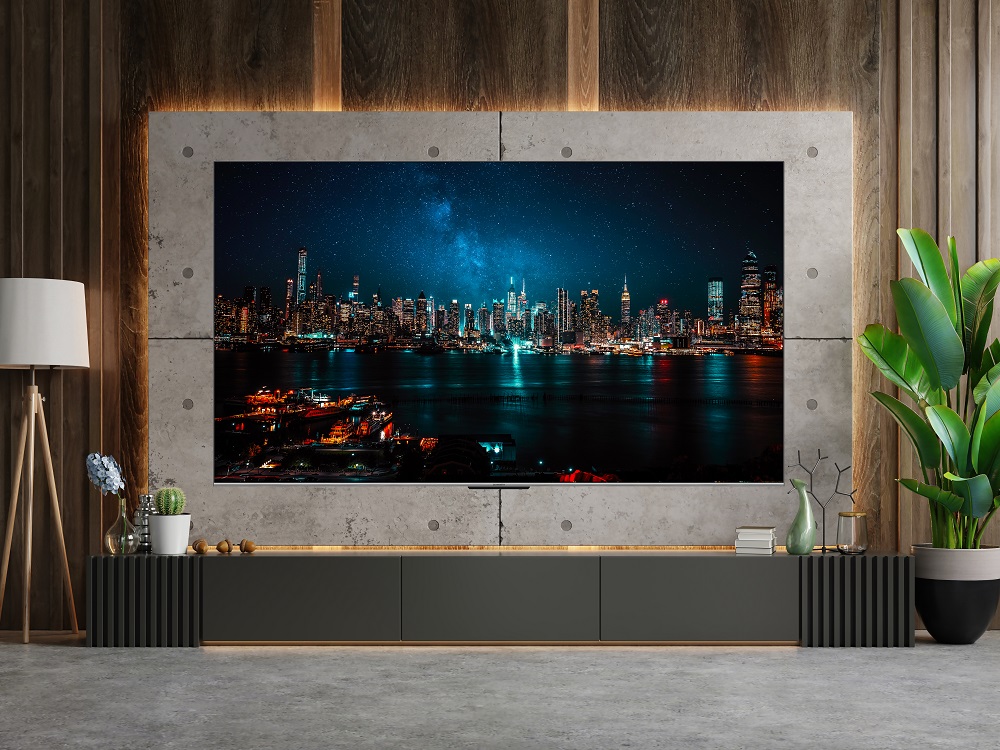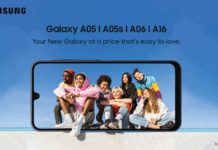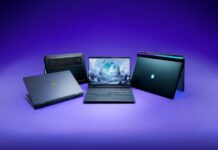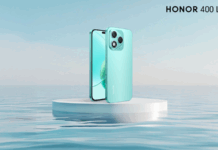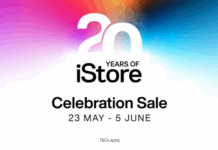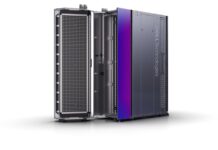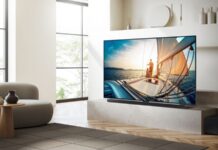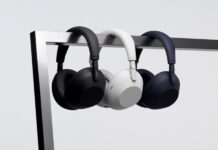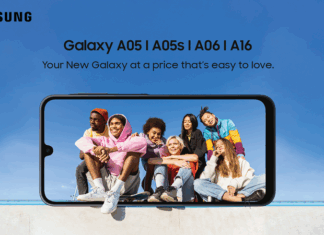Two years. Seems short, right? Too short for a change to become a way of life, for trends to become permanent, for anything to stick, really. Well, not so if the last two years have taught us anything. The new normal that the pandemic set off in motion changed the way brands, businesses and consumers operate and this reinforced itself at a dramatic pace last year.
“We’ve never seen technology come into its own as it has over the last two years. With tech being our only way to communicate, brands have had to step up to make this communication not only possible, but seamless too,” explains Jaco Joubert, SKYWORTH brand manager.
“2022 will focus on hyper-personalisation, across all technology platforms and appliances, from TVs and smart phones to fridges and sound systems. This will be made possible through AI-driven applications for better consumer experience.” When it comes to TVs, AI continues to bring excitement with TVs getting smarter and working more efficiently with heightened viewing experiences.
While we may be returning to a more ‘normal’, pre-pandemic world, what the last two years have made clear is that we don’t need to rely so heavily on external sources of entertainment. Our TVs can provide us with a more comfortable, clearer, and ‘smarter’ experience than any cinema ever could. Plus, with so much content out there, we’re spoilt for choice.
Joubert says that right now content is a big trend, with streaming services vying for the top spot when it comes to what the consumer wants to watch. “No more just Netflix and Showmax, there are a host of other services coming to the fore promising ground-breaking content such as Amazon Prime, Apple TV, and Disney +, launching in SA next month, to name a few.”
The transmedia narrative, or story experience, of TV content is likely to increase this year. Despite the content multiverse, the traditional TV is going to stay the dominant source of entertainment and content developers will be under more pressure to create real life stories to help build authentic connections with the audience.
“With numerous media consumption habits, targeting younger generations via multi-platform content will become a norm. Millennials and Gen Zs live and breathe digital media and recognising this unique mode of existence will create engaging forms of narratives for a growing ‘digitally ambidextrous’ audience,” Joubert explains. So, staying relevant in this complex content multiverse will require greater connect with ever-demanding viewers.
What other trends can we expect to see?
4K or 8K? – The 4K market, which is currently the most popular in South Africa, is expected to rise between 2022 and 2026. Then, just as consumers have started settling into the excitement of the improved 4K television experience, enters 8K viewing. The first sets are already available in stores, providing the highest resolution TV that has been released recently among UHD (ultra-high definition) TVs. With four times more pixels than a 4K TV, 8K TVs show a sharper and more detailed picture quality. However, the limitation with 8K now is that there isn’t much 8K content available, so you’ll be paying astronomical prices to watch the same content others are viewing on their 4K TVs. So, don’t rush to buy 8K just yet. SKYWORTH, a pioneer in big-screen Artificial Intelligence of Things (AIoT) offers the best in 4K technology to the South African market with the SUC Pro Range which includes the SUC9300 Pro Models and the 86SUC9500.
OLED vs QLED – OLED (Organic Light Emitting Diode) TVs are the successors of LED but without the backlight. This provides remarkably realistic black levels, super-fast refresh rates and a muted brightness which is ideal for action-packed movies or sports viewing. QLED (Quantum Dot Light-Emitting Diode) TVs, however, even the best ones with the most effective full-array local dimming, let some light through, leading to more washed-out, greyer black levels and blooming around bright sections. With QLED screens, the best viewing angle is dead centre, and the picture quality diminishes in brightness, colour, and contrast the further you move side to side, or up and down, compared to OLED screens that can be viewed with no luminance degradation even at drastic viewing angles. Therefore, OLED provides better offerings than QLED. SKYWORTH’s OLED model SXC9800 is their most premium.
About SKYWORTH
SKYWORTH was established in 1988, with the head office located within Shenzhen High Tech Industrial Park which is honoured as “China’s Silicon Valley” and has more than 40,000 employees. SKYWORTH is a large-scale high-tech corporation mainly engaged in the development and manufacturing of consumer electronics, display devices, digital set top boxes, security monitors, network communication, semi-conductors, refrigerators, washing machines, cell phones and LED lighting etc. In 2000 SKYWORTH was listed on the main board of HK Stock Exchange (HK0751). After a development of more than 28 years, SKYWORTH has grown to be one of the Top Five Colour TV brands in the world and a top brand in Chinese display industry market.
Provided by SKYWORTH


